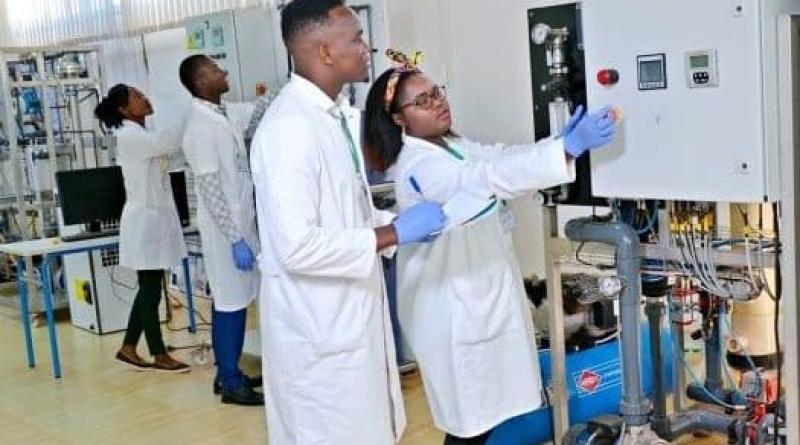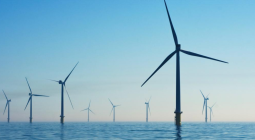Burkina Faso shows 20 SMEs how to combine competitiveness and low carbon consumption

A call for applications is open until 20 July 2024 for industrial and commercial companies based in six communes of Burkina Faso. The aim is to train managers in competitiveness and reducing the environmental impact of their business activities.
Through their energy-intensive and polluting industrial processes, as well as the production of waste by their employees, companies are on the podium of environmental impacts. In West Africa, where factories are increasingly being set up, some public policies believe that it is no longer possible to dissociate economic competitiveness from carbon sobriety. A case in point is Burkina Faso, where the government is relying on the International Institute of Water Engineering and Environment (2IE Institute) to train its nuggets in sustainable entrepreneurship.
The sub-regional institution is preparing to equip executives from 20 small and medium-sized enterprises (SMEs) and small and medium-sized industries (SMIs) from August 2024. This practical training, financed by the Luxembourg Development Cooperation, has a clear objective: “to strengthen the processes for implementing eco-innovative solutions in order to reduce the carbon footprint, while maintaining or improving their dynamism on the market and strengthening the creation of green and decent jobs”, says the Institut 2IE.
A call for applications is therefore open until 20 July to select the beneficiaries of this support programme, which will run for ten months. The programme is aimed primarily at players in the eco-construction, solar energy, waste recovery and non-timber forest product processing sectors based in the municipalities of Ouagadougou, Bobo-Dioulasso, Banfora, Koubri, Loumbila and Ziniaré.
“Thematic experts will assess the greenhouse gas (GHG) emissions and define the environmental trajectory of each company. They will also help design and develop technical, organisational and managerial solutions to the problems. The other spin-offs of this opportunity are the deployment of sustainable solutions in line with each company’s capacity and resources, and the formalisation of commitments and/or the integration of ESG (environment, social and governance) principles into operational practices”, concludes Institut 2IE.






